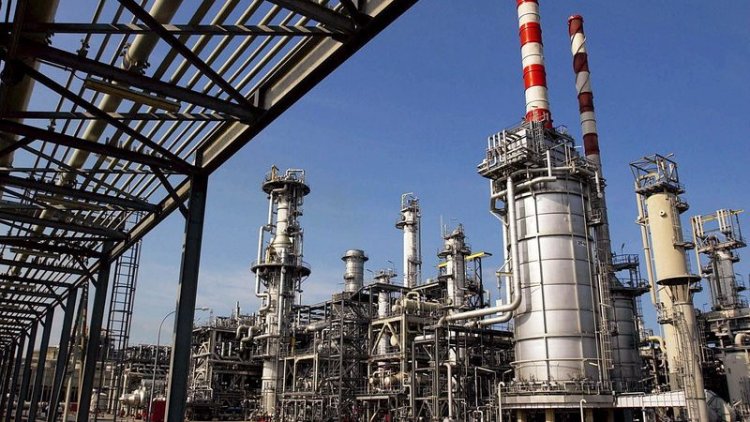According to key German economic institutes, a stoppage of Russian gas supplies might cost Germany 220 billion euros.
Germany issued a "early warning" of potential natural gas shortages due to a payment dispute with Russia that could result in energy rationing at the end of March, advising all consumers to limit their usage as much as possible.

German institutes have warned that if Russian gas supplies are cut off, the German economy will suffer severely.
In the event of an abrupt suspension in Russian gas supplies, a total of 220 billion euros ($238 billion) in German economic production would be in danger in both 2022 and 2023, according to a combined economic estimate by five leading German economic research institutes. More than 6.5 percent of Germany's annual economic output would be spent on this.
"The German economy would experience a dramatic recession if gas supplies were shut off," said Stefan Kooths, vice president and research director for business cycles and growth at the Kiel Institute for the World Economy.
Due to the ongoing crisis in Ukraine and its economic repercussions, the institutions reduced GDP growth for 2022 to 2.7 percent from 4.8 percent, and forecast inflation to hit 6.1 percent in 2022, the highest level in 40 years.
"In the event of a disruption in energy supplies, it may rise to 7.3 percent, a postwar high," according to the press release.
Germany issued an "early warning" of potential natural gas shortages due to a payment dispute with Russia that could result in energy rationing at the end of March, advising all consumers to limit their usage as much as possible.
"The German economy's recovery is being pushed back even again. Opposing forces are shaping the economic picture, all of which are driving up prices "Kooths remarked.
The German Institute for Economic Research (DIW Berlin), the Ifo Institute (Munich), the Kiel Institute for the World Economy (IfW Kiel), the Halle Institute for Economic Research (IWH), and RWI collaborated on the Joint Economic Forecast (Essen).

 Boakyewaa Lawrencia
Boakyewaa Lawrencia 



































